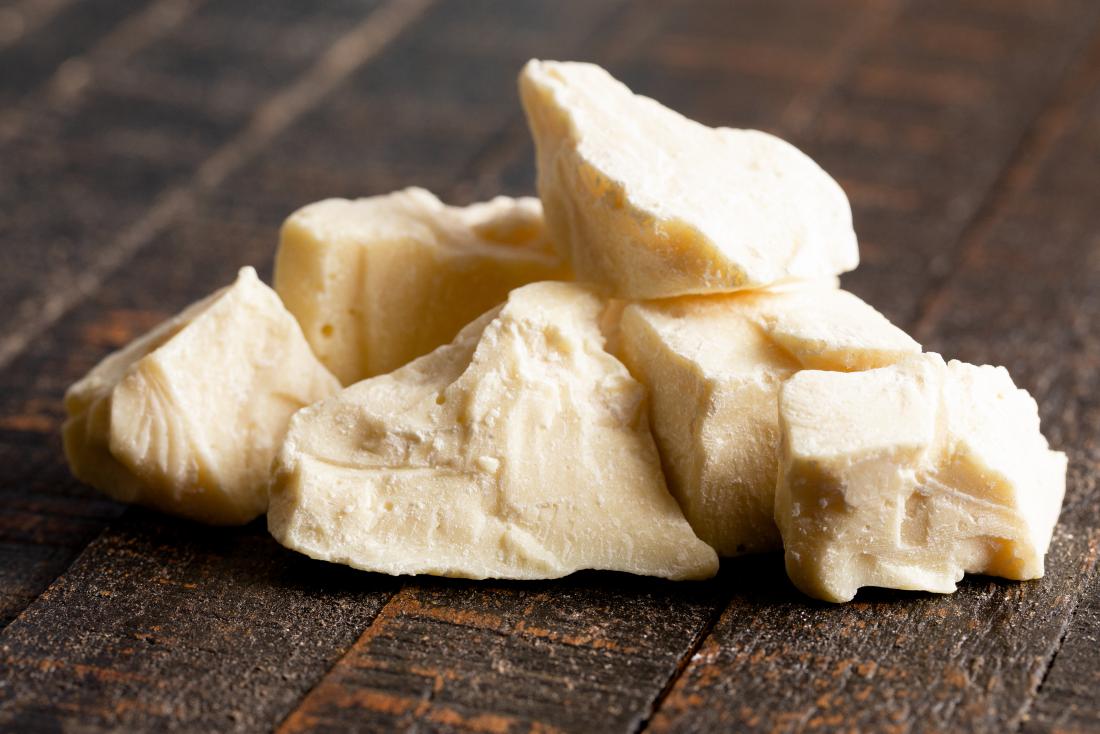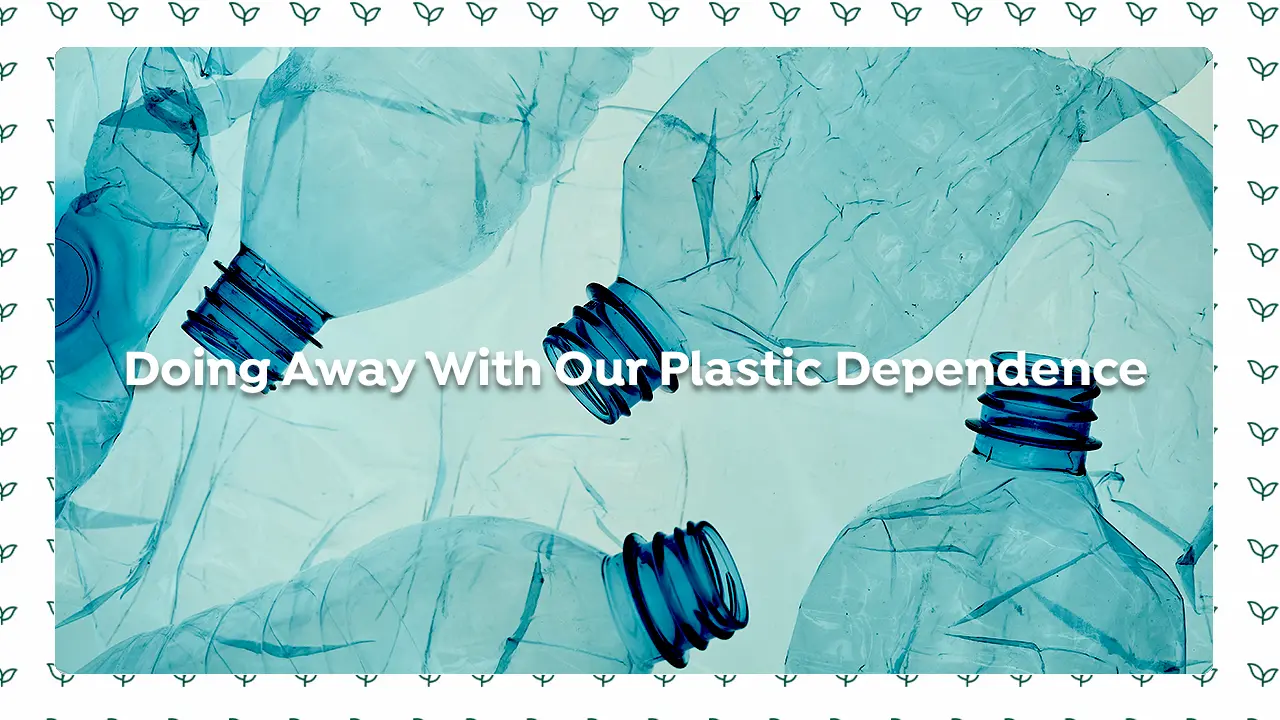The rise in popularity of veganism has sparked numerous discussions about the ingredients used in various products, including cosmetics and skincare. One ingredient that often raises questions is cocoa butter. Derived from the cacao bean, cocoa butter is widely used in the beauty industry for its moisturizing and nourishing properties. However, its vegan status has been a subject of debate. In this article, we will explore the origins of cocoa butter, examine the production process, and decide whether cocoa butter can be considered vegan.
What Is Cocoa Butter?
Cocoa butter is a natural fat extracted from cacao beans, which are primarily grown in tropical regions such as West Africa, South America, and Southeast Asia. It is obtained by separating the fat from the cacao solids through a process called hydraulic pressing. The resulting butter has a rich, creamy texture and a mild chocolate aroma. Due to its unique properties, cocoa butter is widely used in skincare products, chocolates, and even pharmaceutical preparations.
The Vegan Perspective
To determine whether cocoa butter is vegan, we must consider the definition of veganism. Veganism is a lifestyle that seeks to avoid the use of any animal-derived products or by-products, including those obtained through animal exploitation or cruelty. From this standpoint, cocoa butter may raise concerns as it originates from the cacao bean, which is a plant-based source. However, the extraction and production process of cocoa butter should be examined to gain a clearer understanding of its vegan suitability.
Extracting Cocoa Butter: A Closer Look
The extraction of cocoa butter involves pressing the roasted cacao beans to separate the fat from the solids. This process does not typically involve the use of animal-derived substances or by-products. Therefore, from a strict ingredient perspective, cocoa butter can be considered vegan-friendly.
To make cocoa butter, freshly harvested cocoa beans are first fermented, dried, and roasted. Their oil is then extracted to make cocoa butter, while the remnants are used to make cocoa powder.
Do note that some manufacturers may employ additional refining or processing methods that could potentially compromise the vegan status of cocoa butter. For example, certain companies may use animal-derived filtering agents or additives during the refining process. This is where the distinction lies.
Vegan Certification and Labeling
To provide clarity and assurance to consumers, some manufacturers seek vegan certifications from recognized organizations. These certifications ensure that the product, including its ingredients and production methods, aligns with vegan principles. When purchasing cocoa butter or cocoa butter-based products, look for labels or certifications from reputable vegan organizations to ensure its vegan status.
Alternatives
For those who prefer to avoid any potential ethical concerns associated with cocoa butter, there are alternatives available. Some plant-based butters, such as shea butter or mango butter, offer similar moisturizing properties and can be used as substitutes in skincare products. These alternatives provide viable options for vegans or individuals who prefer to opt for cruelty-free products.
The Verdict
While cocoa butter in it’s purest form is vegan, not all coca butter products adhere to strict veganism standards. Careful checks should be considered when buying one, to ensure it is actually VEGAN.
Good luck!



